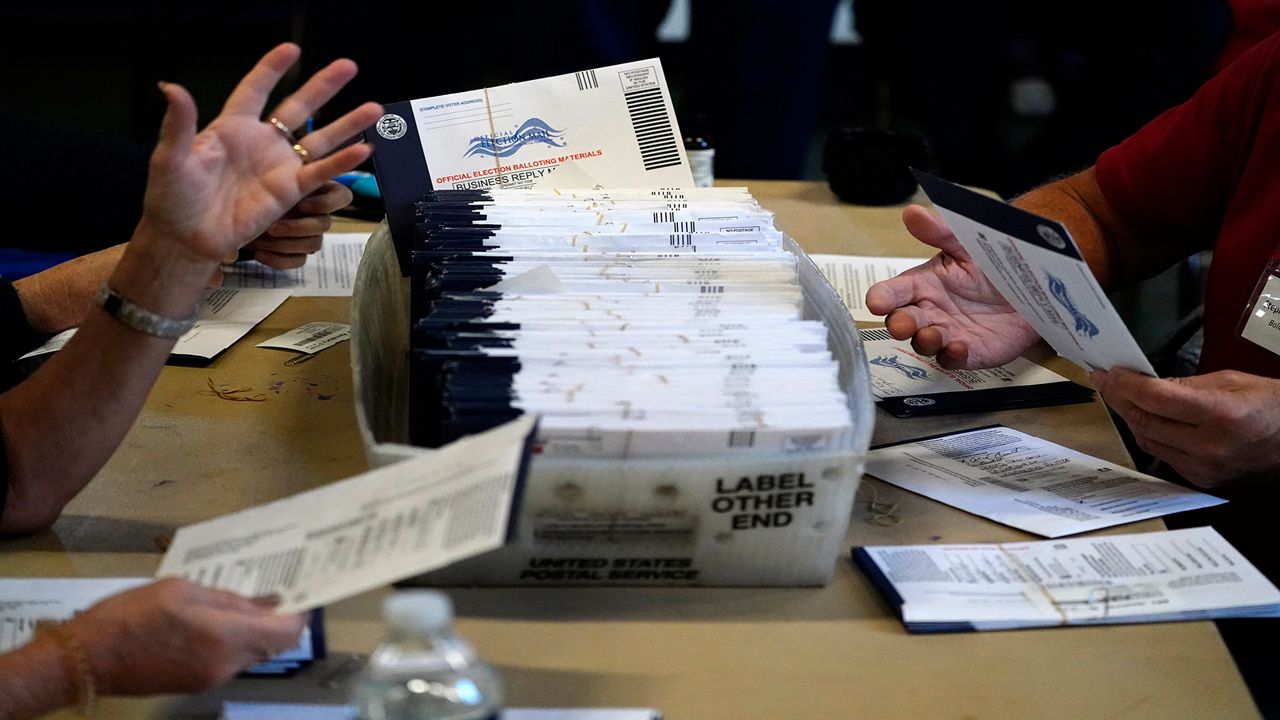RALEIGH, N.C. – While Joe Biden and Donald Trump litigate the results of the popular vote, a parallel election is still underway.
Between May and August, the political parties in each state chose a slate of electors to cast their ballots for the president and the vice president. Each state gets a number of electors equal to its total representation in Congress. Since North Carolina has 13 seats in the U.S. House of Representatives and two in the U.S. Senate, it has a total of 15 electoral votes.
Under the United States Constitution, the electors, not the popular vote, choose the president. At the Constitutional Convention in 1787, the Founders agreed that the person receiving the most electoral votes would become president and the runner-up would become vice president. That was the system used in the first four presidential elections. It was not until the Twelfth Amendment was ratified in 1804 that presidents and vice presidents were chosen separately, setting the stage for today's joint tickets. Thomas Jefferson was the last president to be elected under the original system and the first to be elected under that prescribed by the Twelfth Amendment.
The only requirement to be an elector is that a person cannot be a member of Congress or anyone holding “an office of trust or profit under the United States.” According to the Congressional Research Service, Congress' official research division, electors in practice tend to be state or local elected officials, party activists, and the like.
For example, Fayetteville resident Susan Mills is a Republican elector this year. Mills is a longtime Republican organizer, including a stint as Vice Chair of the North Carolina Republican Party. To become an elector, Mills said she had to campaign within the party. She was chosen at a virtual convention for North Carolina's 8th congressional district. The two statewide electors were chosen at the state party convention. The party chose 15 electors plus 15 alternates in case someone can't make it. Democrats have their own roster of delegates ready to go as well.
Under federal law, the states have until Dec. 8 to resolve any recounts or other legal challenges. The electors meet in all 50 states on Dec. 14. In North Carolina, the electors meet at noon in the House chamber of the State Capitol in Raleigh.
If Trump wins the popular vote in North Carolina, Mills will be bound by law to vote for him. North Carolina is one of 48 states where the winner of the popular vote automatically wins all of the electoral votes. The Tar Heel State is also one of 32 states with laws that prohibit faithless electors, or electors who vote for someone other than the winner of the popular vote. Under state law, a faithless elector's vote is voided and a replacement for that elector is named. A faithless elector also has to pay a $500 fine. The United States Supreme Court this summer ruled such laws are constitutional.
If no candidate receives a majority vote in the Electoral College, currently 270 out of a total of 538, the House of Representatives chooses the president after the new Congress convenes in January. Each state would receive one vote. The House has decided two elections, in 1800 and 1824. For the 1824 election, the House asked each state's delegation to vote on the candidates. Whoever carried each delegation won that state.



